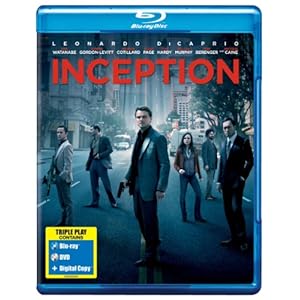Imran posted a link on his facebook wall.
The future of publishing is writable, Trends of smaller, easier, and more personal content signal a shift away from read-only publishing.
There are three convergence trends in publishing that are already apparent.
One clear long-term trend is that smaller pieces of information are being published. Considering just modern digital forms of publishing, there is a roughly chronological progression toward smaller publications: emails, Usenet postings, web pages, blog posts, blog comments, tweets, tags.
A second trend is a reduction in friction. As access to easy-to-use and inexpensive publishing technology increases, it becomes economically feasible to publish smaller and less valuable pieces of content. We have reached the point where anyone with access to the Internet can easily and cheaply publish trivial, tiny pieces of information — even single words.
The third trend is the rise of publishing personal information. Our inescapable sociability is driving us to shape the Internet into a mechanism for publishing information about ourselves.
These three trends — smaller, easier, more personal — provide a framework to examine the development of online information publishing.
Absolutely…
In a session at BarCampManchester4 titled Ebooks, I was invited to talk about my Kindle ebook reader. I said I have never bought a book from the Amazon Kindle store and may never do.
So the obvious thing people thought was that I download ebooks from questionable sources. But in actual fact most of my ebook collection is either creative commons licensed ebooks such as cory doctorow’s books or there self published content formed from scraping websites using the much loved calibre and its scripts. Its scripts work with everything from standard sites, google reader, instapaper, readitlater, etc, etc.
I’m not saying I’m a self publisher but if you do look at the percentage of ebooks I’ve made/republished compared to the ones I’ve bought or downloaded. Its clear going by my own habits is we going towards a writable, self publishing future.




